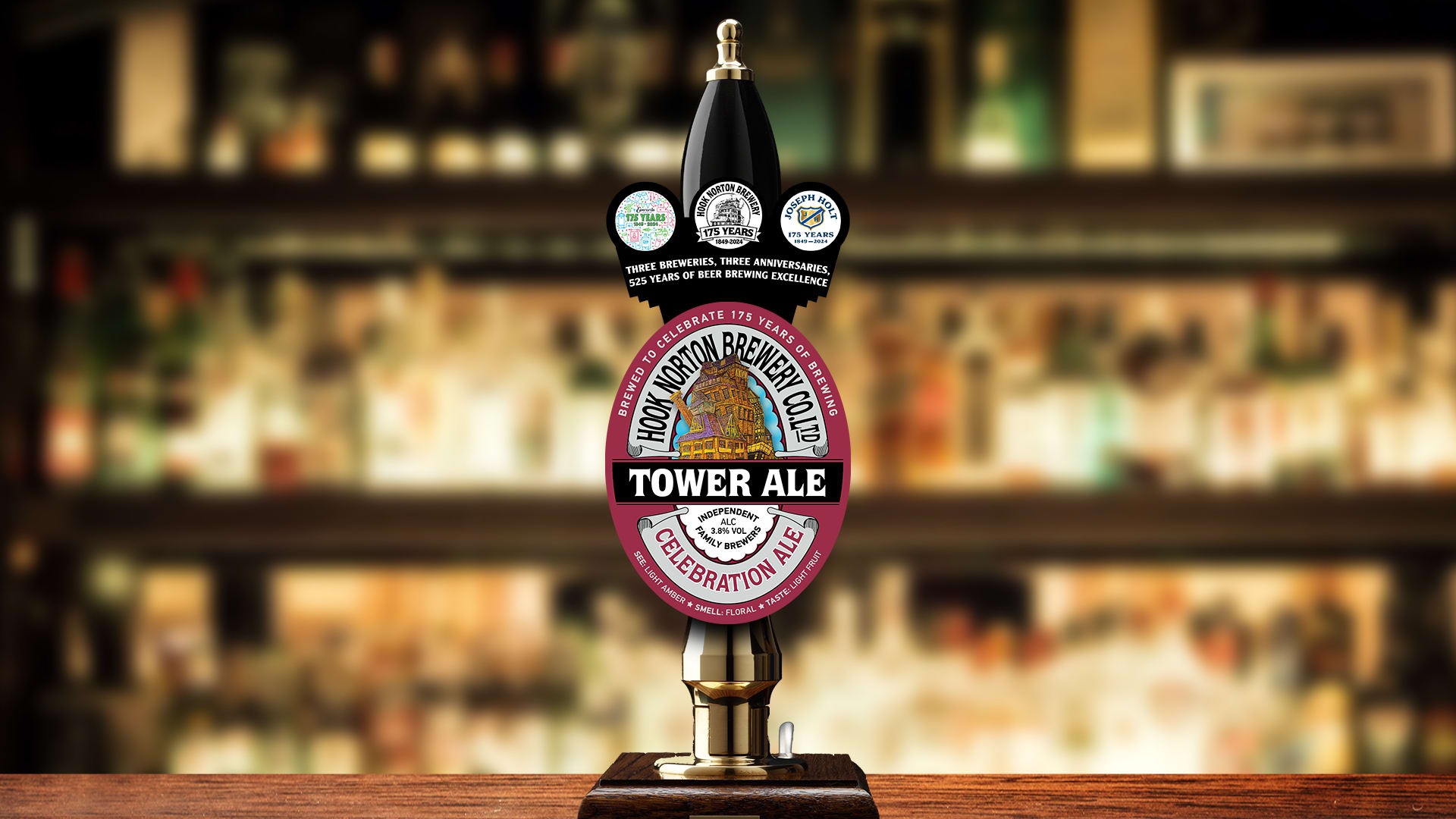As we approach our 30s, it’s time to take stock of the habits and behaviours that may be holding us back from living our healthiest, happiest lives. Our 20s are filled with newfound freedoms and responsibilities, which often lead us down paths of convenience and instant gratification. However, continuing these unhealthy patterns into our 30s can have detrimental effects on our physical, mental, and financial well-being.
The Allure of Digital Overload: Understanding Its Impact
It’s near impossible to avoid the saturation of digital devices and content in our daily lives. The convenience and constant connectivity are alluring, making getting caught up in digital overload easy. We may find ourselves mindlessly scrolling through feeds, bouncing between apps and sites, or constantly checking notifications. While modern technology can certainly enhance our lives, overindulgence can lead to reduced attention spans, mental fatigue, lack of presence, and wasted time.
Late-Night Screen Time: How It Affects Your Sleep and Health
Many of us are guilty of crawling into bed with phones, laptops, or tablets to unwind before sleep. However, research shows blue light exposure from screens close to bedtime can negatively impact sleep quality and duration. This late-night tech time overstimulates our brains, making it harder to fall and stay asleep. Poor sleep is linked to weakened immune health, mental health issues, lack of focus, increased stress, and weight gain. As we approach our 30s, it’s important to understand these effects and modify our evening habits for optimal rest.
The Sedentary Lifestyle Trap: Moving Beyond the Couch
It’s easy to get stuck in a sedentary routine, especially with desk jobs, driving, and relaxing at home. But too much sitting and inactivity can increase risks for obesity, heart disease, diabetes, and other health issues. As we transition into our 30s, it’s important to avoid the sedentary lifestyle trap. Start by identifying areas for improvement. Can you take walk breaks, pace during phone calls, or opt for stairs? Schedule exercise into each day, even if it’s a 30-minute walk. Stand and stretch while watching TV. Seek out active hobbies you enjoy. Small steps to increase daily movement add up to long-term health. Break the inactivity habit now to feel your best in your 30s and beyond.
Fast Food Convenience vs. Nutritional Needs: Finding Balance
Nothing beats the instant gratification of fast food when you’re rushed or hungry. But regularly relying on fast food means missing out on nutrients our bodies need while taking in excess fat, salt, and calories. As we age, nutrition matters more for health, immunity, weight management, and avoiding disease. But with some effort, we can balance nutrition with the occasional fast food convenience. Identify go-to healthy, home-cooked meals for your rotation—meal prep on weekends to have grab-and-go options on busy days. Choose healthy fast food swaps when needed, like salads, grilled chicken sandwiches, and avoiding super-sized combos.
Social Media Consumption: Drawing the Line for Mental Health
Social media allows us to connect with others and stay up-to-date. But mindless social media consumption can become a mental health drain. Negative comparisons, FOMO, and arguments in comments - it takes a toll. As we approach 30, it’s important to reflect on how much time we devote to social media and its impact on our self-image and moods. Can we draw boundaries with our usage? Disable notifications so we control our login habits? Spend less time crafting the perfect posts for likes? Unfollow accounts that trigger envy or outrage? Take periodic social media breaks? With some self-awareness, we can balance social media’s upsides while protecting our mental health.
Quit Smoking: The Pathway to Better Health
Smoking may seem like an energy booster, but it actually has the opposite effect long-term by restricting oxygen flow. As 30 approaches, it’s the perfect time to quit. Nicotine is incredibly addictive, so enlist support like quit plans, nicotine gum/patches, counselling, or smoking cessation classes. Distract yourself with healthy habits when urges strike – the use of e-cigarettes can be helpful when giving up smoking, particularly in the early days. Avoid triggers like drinking or other smokers. Celebrate smoke-free milestones. You may initially feel tired and cranky, but sticking with it leads to renewed energy, improved lung function, healthier skin, and reduced cancer risks.
Binge-Watching: Entertainment or Addiction?
With endless streaming options, it’s tempting to binge-watch show after show during leisure time. But beware this habit forming into mindless addiction. Marathon viewing sessions can isolate us from real connections and hijack our free time. As we approach our 30s, reflect on your bingeing. Are you watching out of boredom or to avoid other responsibilities? Do you sacrifice sleep or feel unable to stop? Bingeing can also normalise unhealthy behaviours depicted on shows. It’s wise to set viewing limits, balance entertainment with other hobbies, and choose uplifting shows. Take occasional streaming breaks. Live your real life, not just a virtual one.
High-Caffeine Dependence: Assessing Its Effects on Your Body
Caffeine provides an energy boost, but dependence can lead to jitters, anxiety, insomnia, digestive issues, and crashes when we don’t get our fix. As we age, our bodies become more sensitive to caffeine’s effects. Let’s assess our habits before our 30s. Consider cutting back gradually to avoid withdrawal. Switch to lower-caffeine drinks, like tea. Stay hydrated to counter dehydration. Avoid caffeine past noon to protect sleep. Supplement with exercise, healthy eating and stress management. Get enough magnesium and potassium to avoid fatigue. Enjoy the occasional cup, but break an unhealthy dependence on balanced energy.
Retail Therapy: Managing Impulse Spending for Financial Health
Shopping can offer a quick mood boost, but overspending and impulse buys can damage financial health. Approaching 30 is a time to establish wise money habits. Reflect on what motivates your spending— boredom, stress, desire for status? Identify needs vs. wants and establish a realistic budget. Delay impulse purchases for a few days. Shop with a list. Unsubscribe from brand emails. Build an emergency fund before buying wants. Consider consignment and thrift stores. Make low- or no-cost destinations your go-to. A healthy relationship with money reduces future money regrets.
Neglecting Physical Fitness: The Long-Term Consequences
It’s easy to let physical fitness slide as we get caught up in work and life demands. However, neglecting exercise and movement can impact energy, mood, focus, and long-term health. As we approach 30, committing to fitness protects against heart disease, diabetes, obesity and mental health issues down the road. Start small - take the stairs, walk around your neighbourhood, or do ten push-ups when you wake up. Try home workout videos, budget-friendly gym memberships or outdoor boot camps. Identify sports leagues or classes that excite you and schedule them. Staying active helps us live life to the fullest today and for years to come.
Procrastination and Time Management: Reclaiming Your Productivity
Procrastination often stems from feeling overwhelmed by big tasks. As 30 approaches, it’s time to conquer this habit through time management skills. Break large goals into bite-sized daily actions. Use calendars to schedule priorities and create routines. Eliminate distractions when working. Reward yourself after completing tasks. Accept that perfectionism stalls progress - move forward imperfectly. Say no to time-wasters. Let go of overcommitting. Expect ups and downs when forming new habits. With consistent effort, you can reclaim your productivity potential before 30.
A Brief Summary
Approaching 30 serves as motivation to identify and modify habits that no longer serve our health and happiness. With self-awareness, effort and perseverance, we can incrementally create positive changes - from nutrition to fitness, mental health, finances and beyond. It may sometimes feel challenging, but the long-term benefits make it worthwhile. By letting go of unhealthy patterns and building mindful new ones, we can enter our 30s empowered, energised and ready to thrive.








